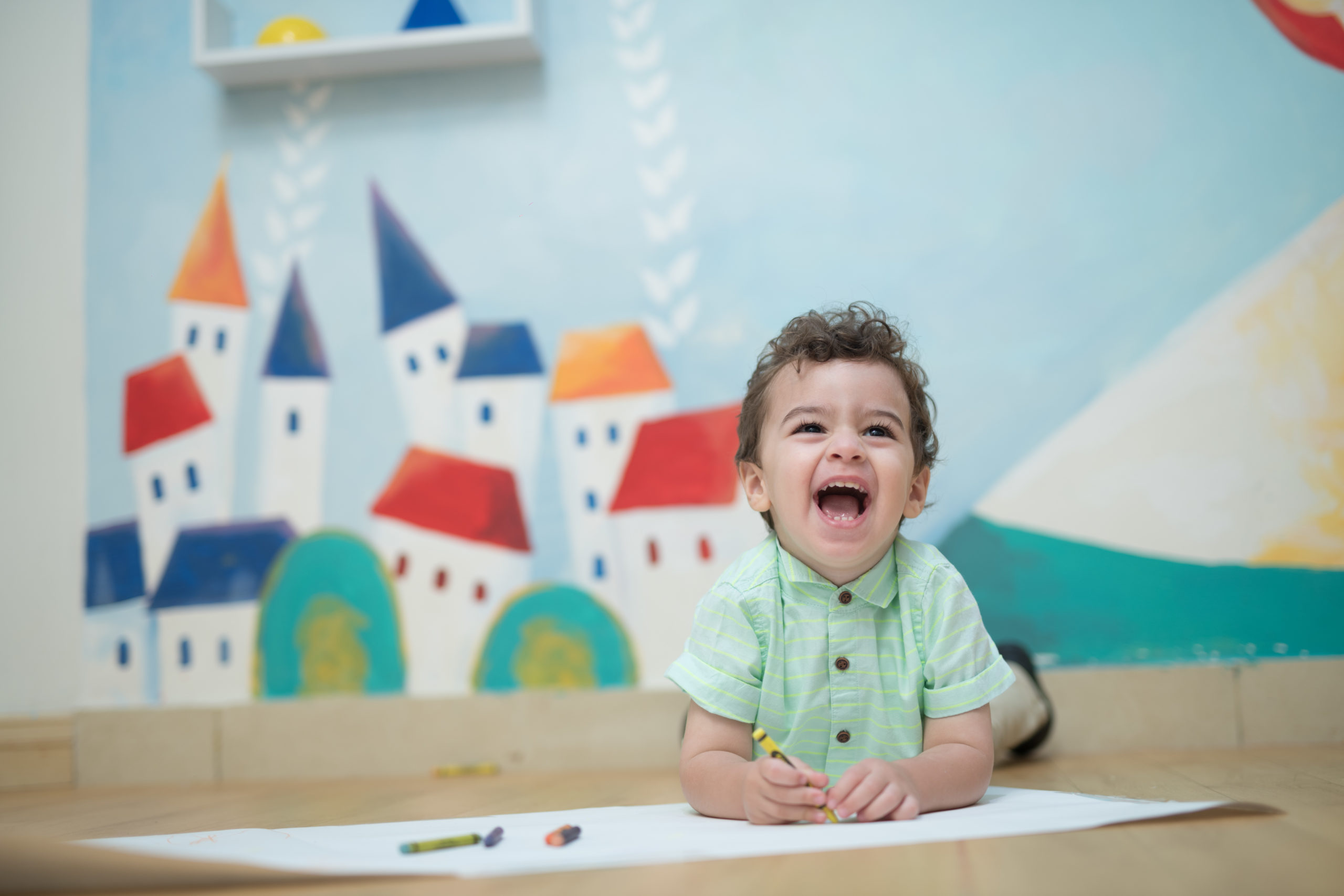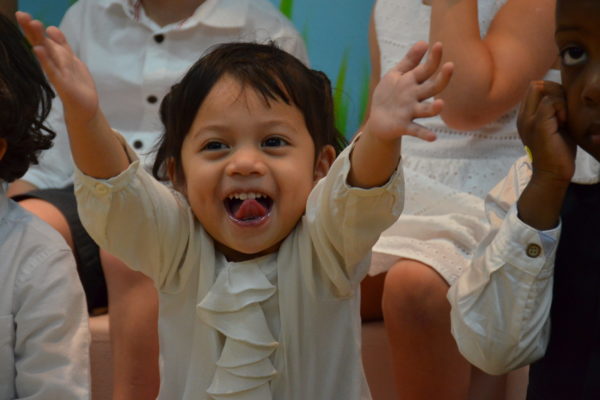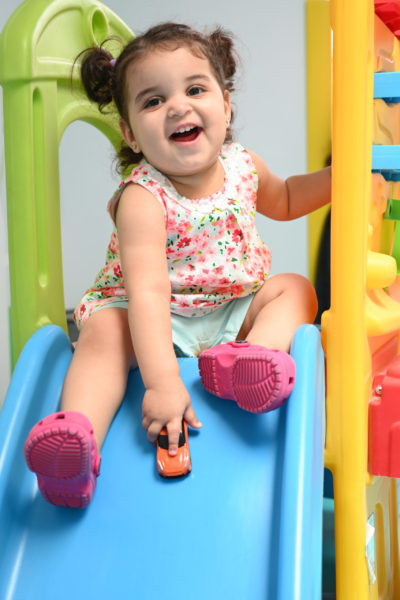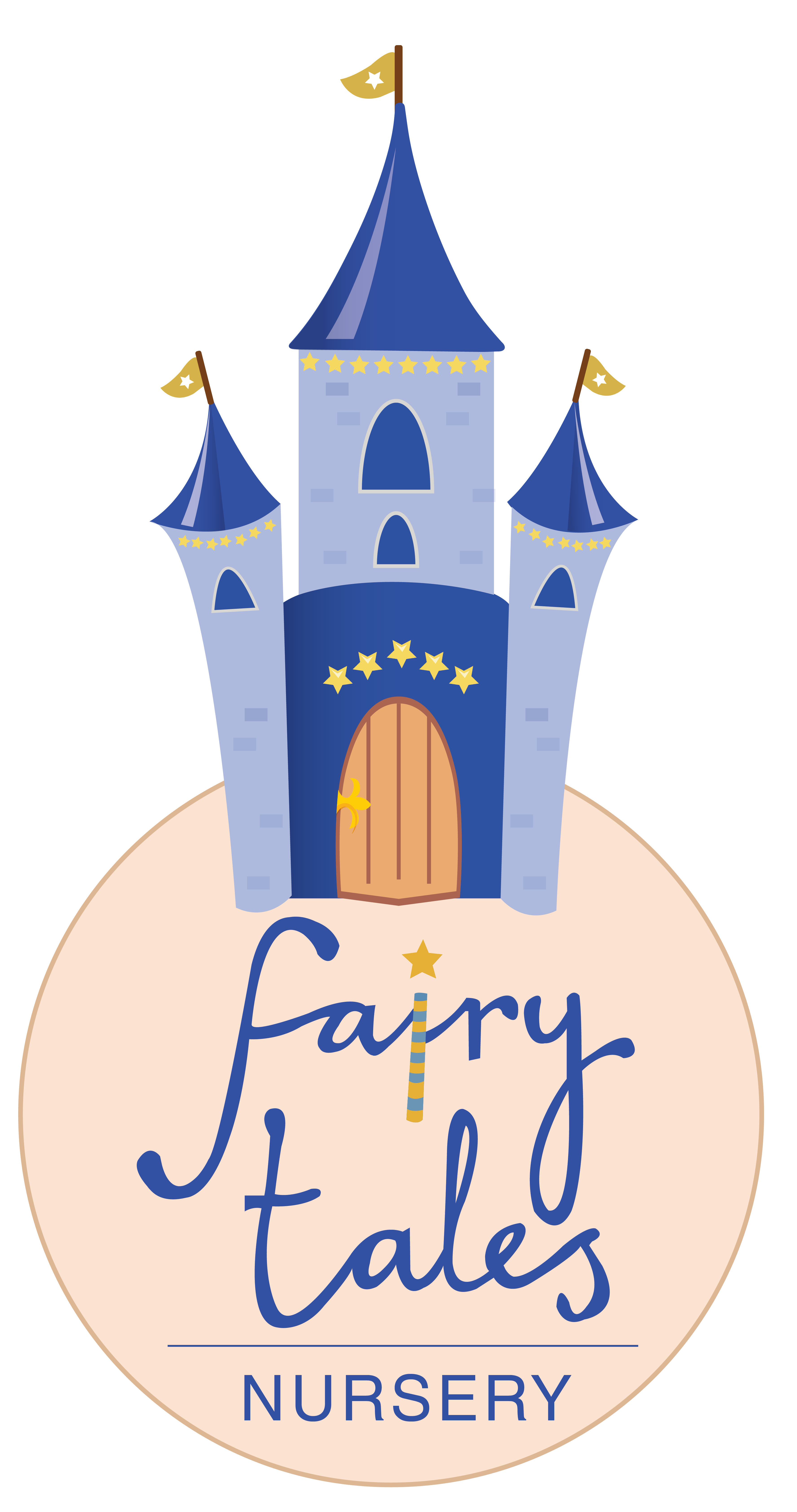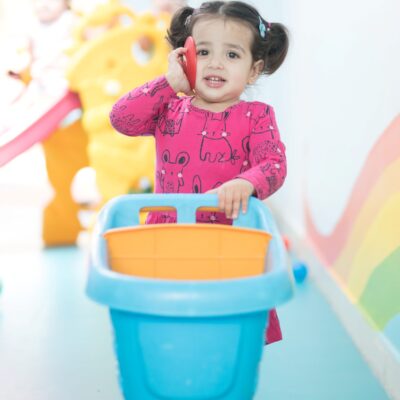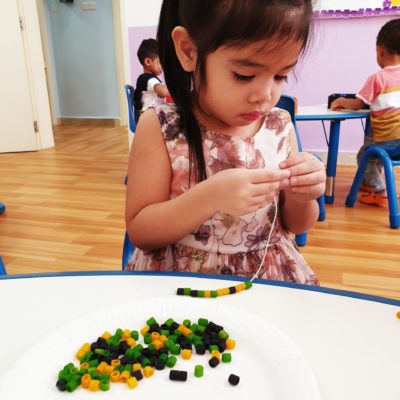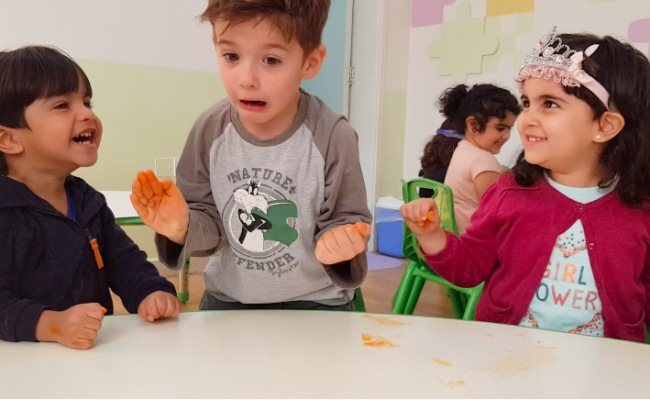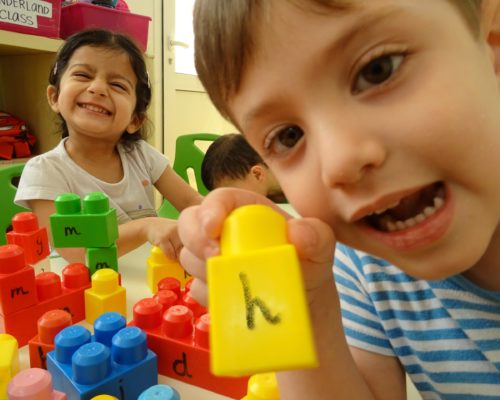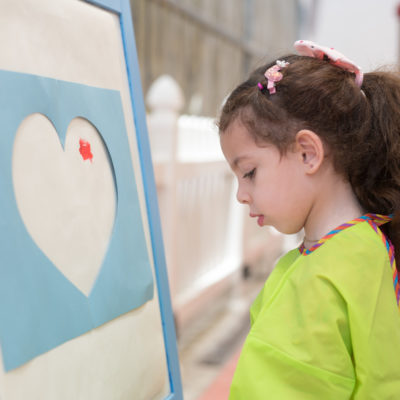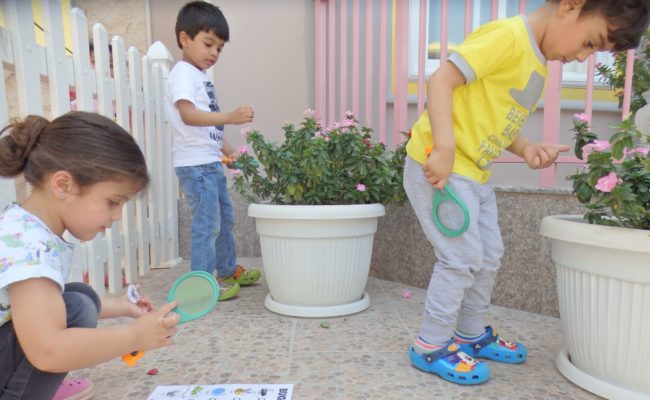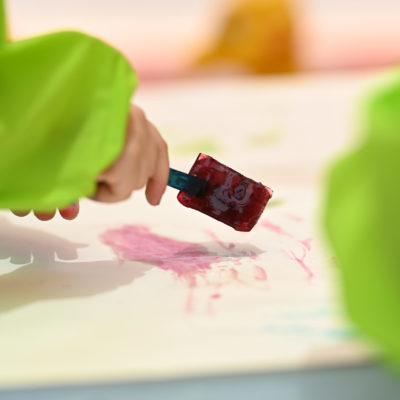The curriculum has seven learning areas which consist of three prime areas and four specific areas:
The Three Prime areas of the EYFS
Communication and language
Listening and attention: Children listen attentively in a range of situations. They listen to stories, accurately anticipating key events and respond to what they hear with relevant comments, questions or actions. They give their attention to what
others say and respond appropriately, while engaged in another activity.
Understanding: Children follow instructions involving several ideas or
actions. They answer ‘how’ and ‘why’ questions about their experiences and in response to stories or events.
Speaking: Children express themselves effectively, showing awareness of listeners’ needs. They use past, present and future forms accurately when talking about events that have happened or are to happen in the future. They develop their own narratives and explanations by connecting ideas or events.
Physical development
Moving and handling: Children show good control and co-ordination in large and small movements. They move confidently in a range of ways, safely negotiating space. They handle equipment and tools effectively, including pencils for writing.
Health and self-care: Children know the importance for good health of physical exercise, and a healthy diet, and talk about ways to keep healthy and safe. They manage their own basic hygiene and personal needs successfully, including dressing and going to the toilet independently.
Personal, social and emotional development
Self-confidence and self-awareness: Children are confident to try new activities, and say why they like some activities more than others. They are confident to speak in a familiar group, will talk about their ideas, and will choose the resources they need for their chosen activities. They say when they do or don’t need help.
Managing feelings and behaviour: Children talk about how they and others show feelings, talk about their own and others’ behaviour, and its consequences, and know that some behaviour is unacceptable. They work as part of a group or class, and understand and follow the rules. They adjust their behaviour to different situations, and take changes of routine in their stride.
Making relationships: Children play co-operatively, taking turns with others. They take account of one another’s ideas about how to organise their activity. They show sensitivity to others’ needs and feelings, and form positive relationships with adults and other children.
